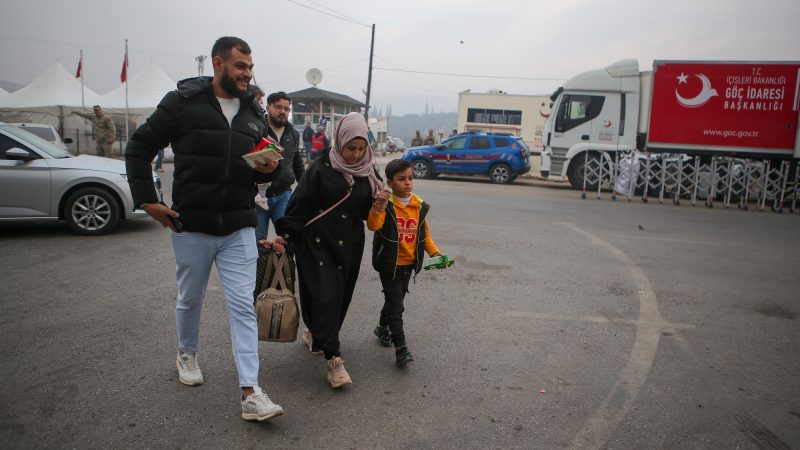
The recent months have witnessed a significant development in the Syrian conflict: the return of refugees. While precise figures remain elusive, thousands have begun to make their way back to their homeland following years of displacement and conflict. This movement, however, is far from a straightforward narrative of triumphant homecoming. The situation on the ground is complex and fraught with challenges, making the decision to return a deeply personal and often perilous one.
Many refugees are driven by a desperate hope for a better life, a yearning to reclaim their homes and livelihoods, and a desire to rebuild their shattered lives in the familiar landscapes of their childhood. The promise of rebuilding homes, reuniting families, and regaining a sense of normalcy acts as a powerful magnet, outweighing the very real risks that remain.
However, the reality for returning refugees is often far from the idealized image. Syria, despite the apparent end of major hostilities in some areas, remains far from stable. Infrastructure is devastated, essential services are lacking, and the shadow of the conflict continues to loom large. Economic hardship is widespread, and opportunities for employment are scarce, creating a challenging environment for those trying to restart their lives.
Furthermore, the political landscape remains highly volatile. Reconciliation efforts are ongoing, but deep-seated divisions and mistrust persist. The security situation is unpredictable, and the threat of violence, though diminished in some areas, remains a very real concern for many returning families. The process of reintegration into Syrian society is a complex one, often fraught with bureaucratic hurdles and social challenges.
The international community has a crucial role to play in supporting the return of Syrian refugees in a safe and dignified manner. This includes providing humanitarian aid, facilitating the reconstruction of infrastructure, and promoting reconciliation efforts. However, the onus also lies on the Syrian government to create an environment conducive to their return, ensuring their safety, security, and the protection of their rights. The future of Syria and its people depends on creating a sustainable and inclusive peace that allows all Syrians, including those who have returned, to rebuild their lives in safety and dignity.
Ultimately, the stories of returning Syrian refugees are a testament to the resilience of the human spirit and the enduring strength of the human bond. Their journeys are complex and challenging, highlighting both the hope for a better future and the profound uncertainties that lie ahead. Their stories will continue to unfold, shaping the future of Syria in ways that are still yet to be fully seen.










